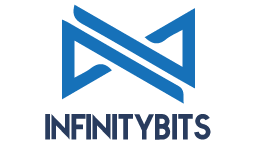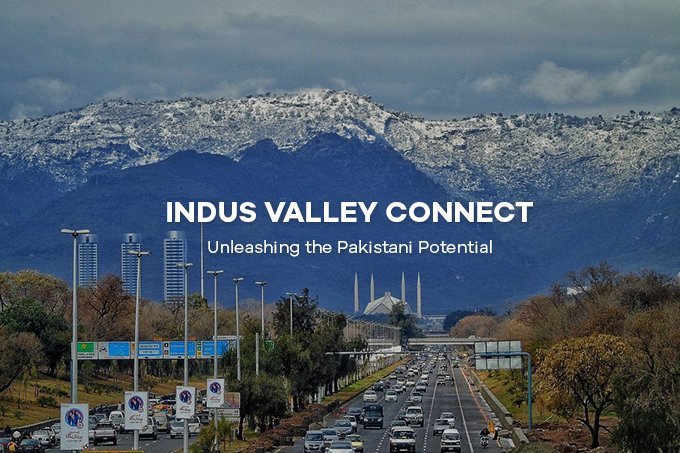Something fascinating is happening in Pakistan right now. After a slow build over the years, the Pakistani startup ecosystem has hit an inflection point in the last 12 months.
On June 30th, 2019, Aatif Awan, former VP Growth & International at LinkedIn launched the Indus Valley Connect’s first event in the heart of Silicon Valley, one that will be followed by a series around the world that would inform and connect the Pakistani diaspora to startups in Pakistan (The next one is happening in Dubai). The event itself gained significant traction marked by close to a 100 expats in attendance and excitement so tangible that one could almost taste it along with their cup of chai!
In laying out the groundwork for the initiative, an online survey was conducted with the Pakistani diaspora and startups. The survey resulted in an overwhelming 300 people from the Pakistani diaspora wanting to be able to advise, mentor, and fund startups in Pakistan! More than 125 startups in Pakistan also signed up to connect with the diaspora.
This recent surge of interest in Pakistani startups is not surprising, nor sudden. Against the backdrop of very successful exits of Pakistani startups, such as Darazand most recently that of the rideshare app Careem, that got acquired by Uber,generated a lot of momentum. The constraint identified by respondents was not knowing where exactly to begin given the informational disconnect and lack of a single reliable coordinating entity to act as a bridge. The initiative emerged as a natural solution.
Kicking off the event, Aatif shared with the audience the strong case for getting involved in the Pakistani entrepreneurial ecosystem bringing to light essential trends on the upswing — improved security situation, a rapidly growing middle class, 70M broadband subscribers, and consumer spending of $257 billion which is growing at twice the global rate.
The highlight of the event was a virtual introduction to several startups in Pakistan and their founders that were vetted for their innovative approach, social impact and high growth promise! Startups showcased included:
- Bykea, a startup offering ride-sharing of motorbikes that recently raised $5.7M in Series A funding
- Sehat Kahani, a healthcare startup leveraging telemedicine to connect women doctors with under-served communities
- Airlift, a fast-growing startup re-inventing mass transit in Lahore and Karachi
- Oraan, a FinTech startup simplifying financial management
- Mauqa Online, a startup providing on-demand help from cooking to cleaning and more
- Dot-and-Line, an EdTech startup providing after-school Math classes,
- and Mohafiz, a startup that aggregates emergency services in a single easy-to-use app.
Startups presented drove home how Pakistani founders were innovatively solving the very real day-to-day problems specific to Pakistan. With app-based solutions that were already on the uptick, startups were proving high traction for their ideas and intentional design capturing unique on-ground conditions in Pakistan.
“ It is unfathomable that a country that produces the best human capital in the world cannot help people through emergencies. That’s what we are trying to solve; we don’t have it all figured out, and that is where we need you (the Pakistani Diaspora) to step up — through finances, investment, and mental capital…” Fahd Khan, Founder of Mohafiz
A blitz of lightning talks followed featuring Adnan Faisal, Head of Technology Incubation Center, National University of Science and Technology; Manan Amin, Co-founder Tintash and Naveed Sherwani, President and CEO of SiFive. The speakers covered different aspects of the Pakistani entrepreneurial ecosystem highlighting the rise of national incubators and government-led interest in expanding opportunities to create startups, the state of venture funding and the need to create the right supports to launch startups with great ideas to maturity.
Following the talks, Asra Nadeem, VP of Entrepreneurship at Draper University, facilitated a structured networking session where participants were divided into carefully curated groups of eight to ten folks. Participants discussed the need for a better way of vetting startups both in Pakistan and the Valley; the need to improve and bolster the very nascent corporate structure and the potential ways that technology could be leveraged to tighten collaboration across the sea to facilitate angel investment and mentorship.
In concluding the event, Aatif made a call to action encouraging participants to connect and to remain engaged with the initiative. He also announced a partnership with TechJuice to launch a startup guide for Pakistan and encouraged the participants to volunteer to help develop it.
The event was historic on multiple fronts. For the first time, members of the Pakistani diaspora got together at this scale to create a bridge between Pakistan and the US for startups, mentors, and investors.
Following up the kickoff event, the Indus Valley Connect initiative will be launching similar activities in concentrated areas of Pakistani diaspora that is interested to engage with the local entrepreneurial ecosystem. Focusing on action points and helping Pakistani startups and stakeholders get real benefits out of the initiative, Indus Valley Connect will also be putting together a Startup Guide for Pakistan.
What’s next for the initiative? Fill out the survey below to stay up to date and get involved.



